Gojek Pledges to Achieve “Three Zeros” by 2030 in Its First ESG Report
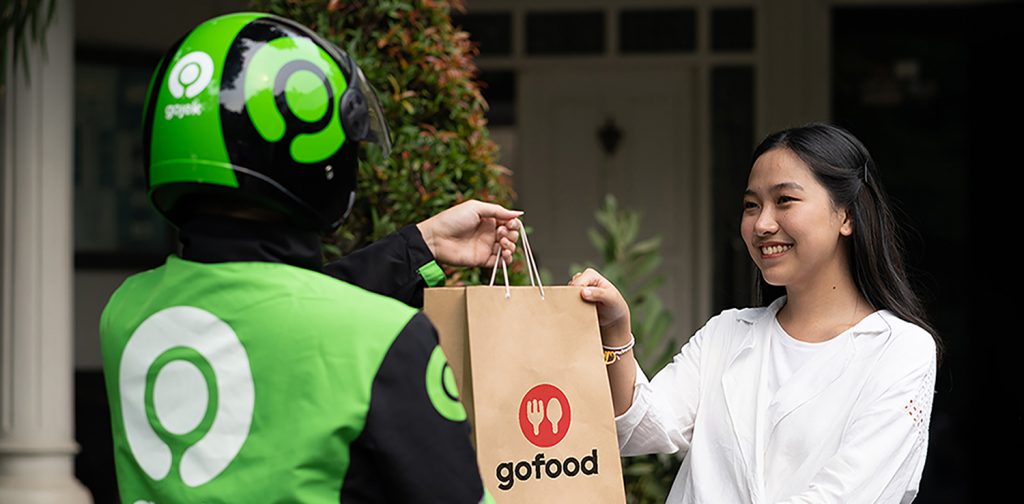
Gojek Driver | Photo by Gojek
Gojek is Southeast Asia’s multi-service platform and digital payment group headquartered and founded in Jakarta, Indonesia. With the mission to remove life’s daily frictions by connecting consumers to providers of goods and services, the company offers more than 20 features such as on-demand motorcycle and car service, food delivery service, shopping service, and so on. Today, Gojek operates in Indonesia, Singapore, Vietnam, Thailand, and the Philippines, comprising a total of 207 cities.
Launching their first-ever Environment, Social, and Governance (ESG) report in April 2021, Gojek carried out a materiality assessment adhering to the Sustainable Accounting Standards Board (SASB) and Global Reporting Initiative (GRI) with 28 relevant ESG topics in its related industries.
In its first report, Gojek pledges to achieve Three Zeros: Zero Emissions, Zero Waste, and Zero Barriers by 2030. For this commitment, the company has three guiding principles that form the foundation of their strategies and approaches: GoGreener (environmental sustainability) for Zero Emissions and Zero Waste, GoForward (socio-economic progress), and GoTogether (equality and inclusion) for Zero Barriers.
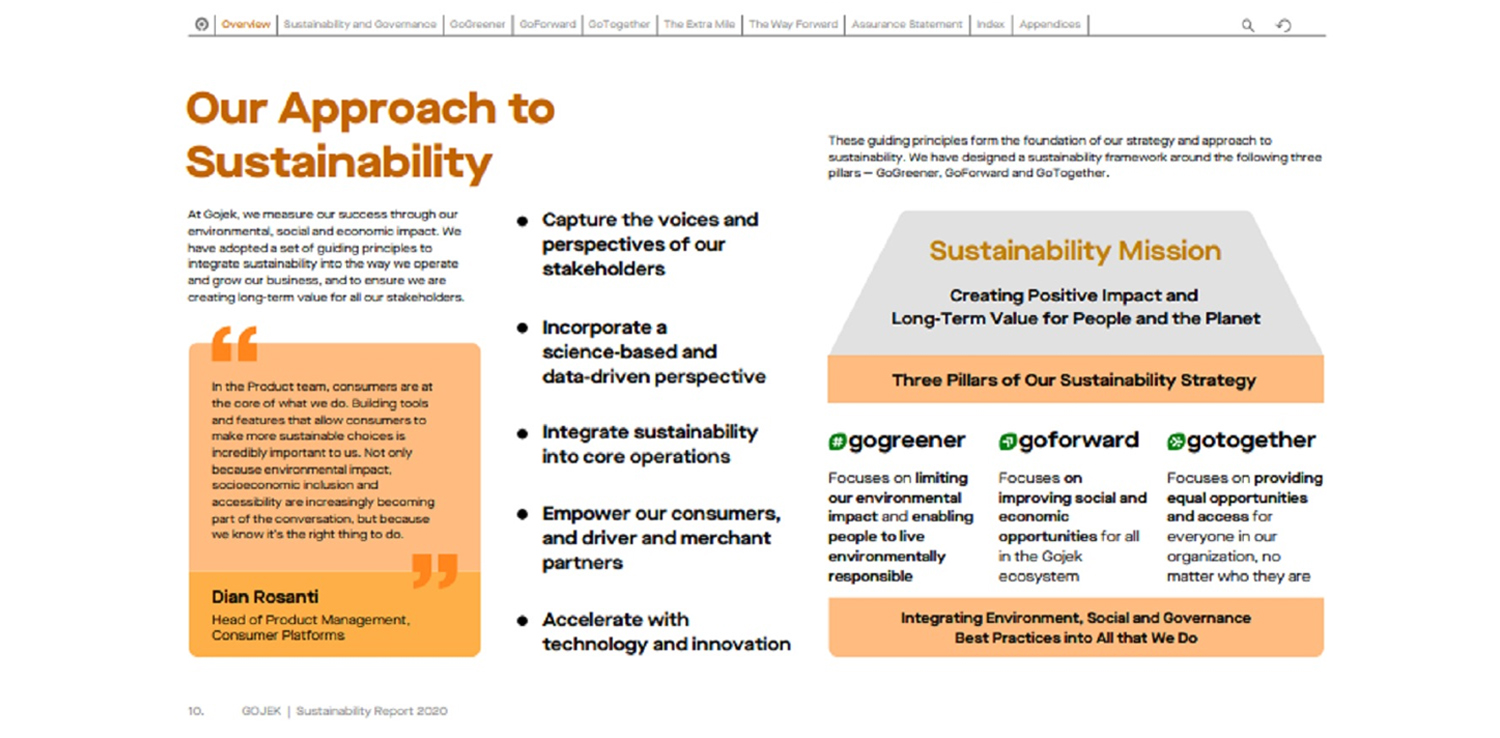
GoGreener: Limiting the environmental impact
Under GoGreener, Gojek focuses on enabling people to live environmentally responsible by collaborating with all stakeholders. The company has measured its carbon footprint between January to December 2020 with the result of 1.04 million tCO2e.
To reduce the emissions, Gojek is committed to accelerating the adoption of Electric Vehicles (EV) to 100% EVs in their ecosystem by 2030. As of now, the company is focusing on conducting feasibility studies in collaboration with key players in the EV value chain.
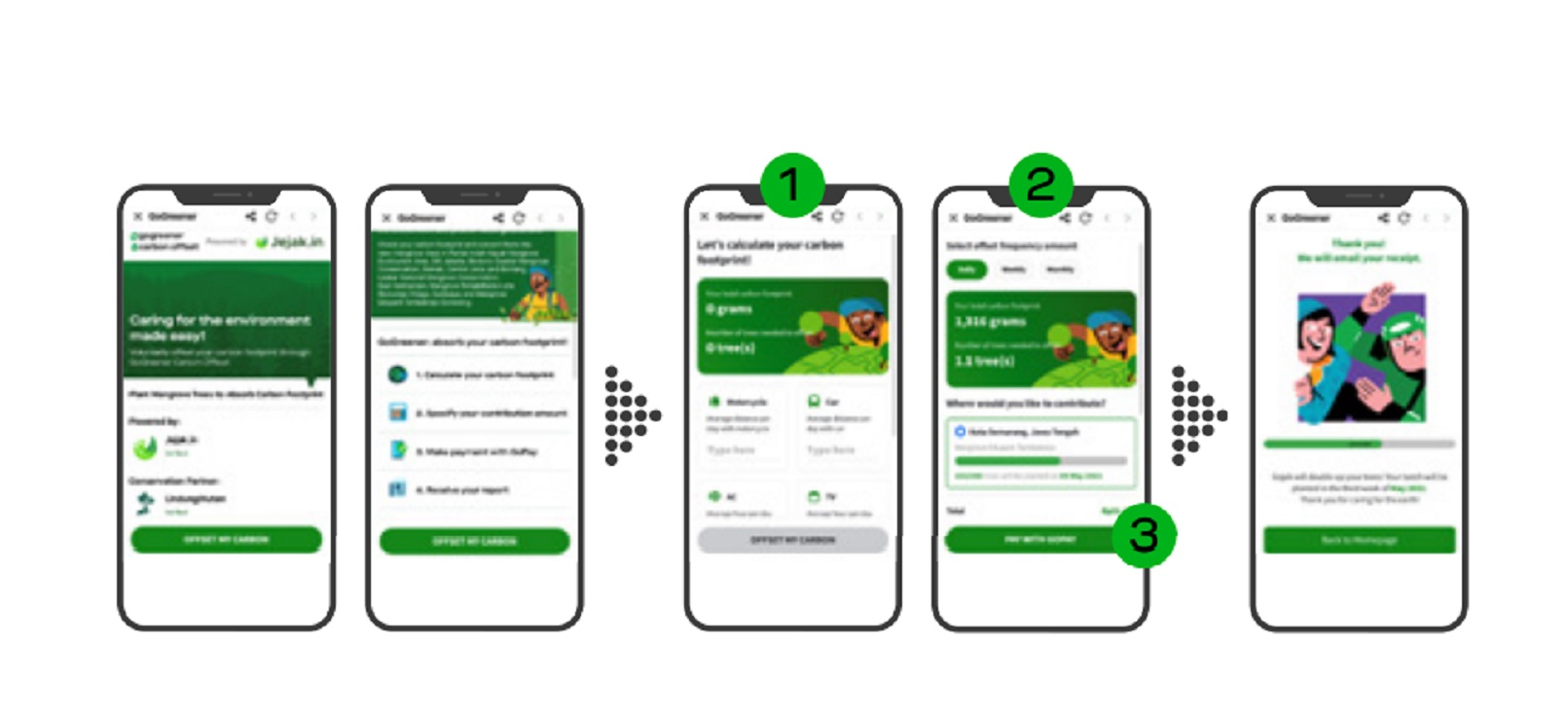
Aside from reducing, Gojek plans to offset unavoidable emissions through the GoGreener Carbon Offset feature. By partnering with Jejak.in—an alumni of Gojek Xcelerate (Gojek’s startup accelerator)—users can calculate their carbon emissions from daily transport and household appliance use, and convert that to the number of trees needed to offset their carbon footprint.
Gojek also focuses on eliminating single-use plastic and all-waste pollution across its ecosystem. Subsequently, the company educates all stakeholders for behavioral change to prevent single-use plastic, facilitates the transition by enabling access to more sustainable alternatives, and accelerates the adoption of environmentally responsible practices by leveraging tech.
GoForward: Empowering all stakeholders in socioeconomic development
Gojek is committed to impacting the lives of millions of people to grow and thrive through a digital ecosystem. The report stated that 83% of food merchants experienced an increase in transaction volume after joining GoFood and 90% of MSME merchants went cashless for the first time when they signed up. By creating initiatives and communities, Gojek also provides training and finances small & medium-sized economies to driver-partners and merchants.
GoForward strives to maintain the sustainable livelihood of drivers by allowing them to earn additional income per month through the Gocek feature and PromoGo collaboration. Gojek also provides access to life insurances for driver-partners to safeguard drivers and their families, as well as creating a robust safety management system that successfully declined the accident rate for every one million hours from 6.38 in 2019 to 4.92 in 2020.
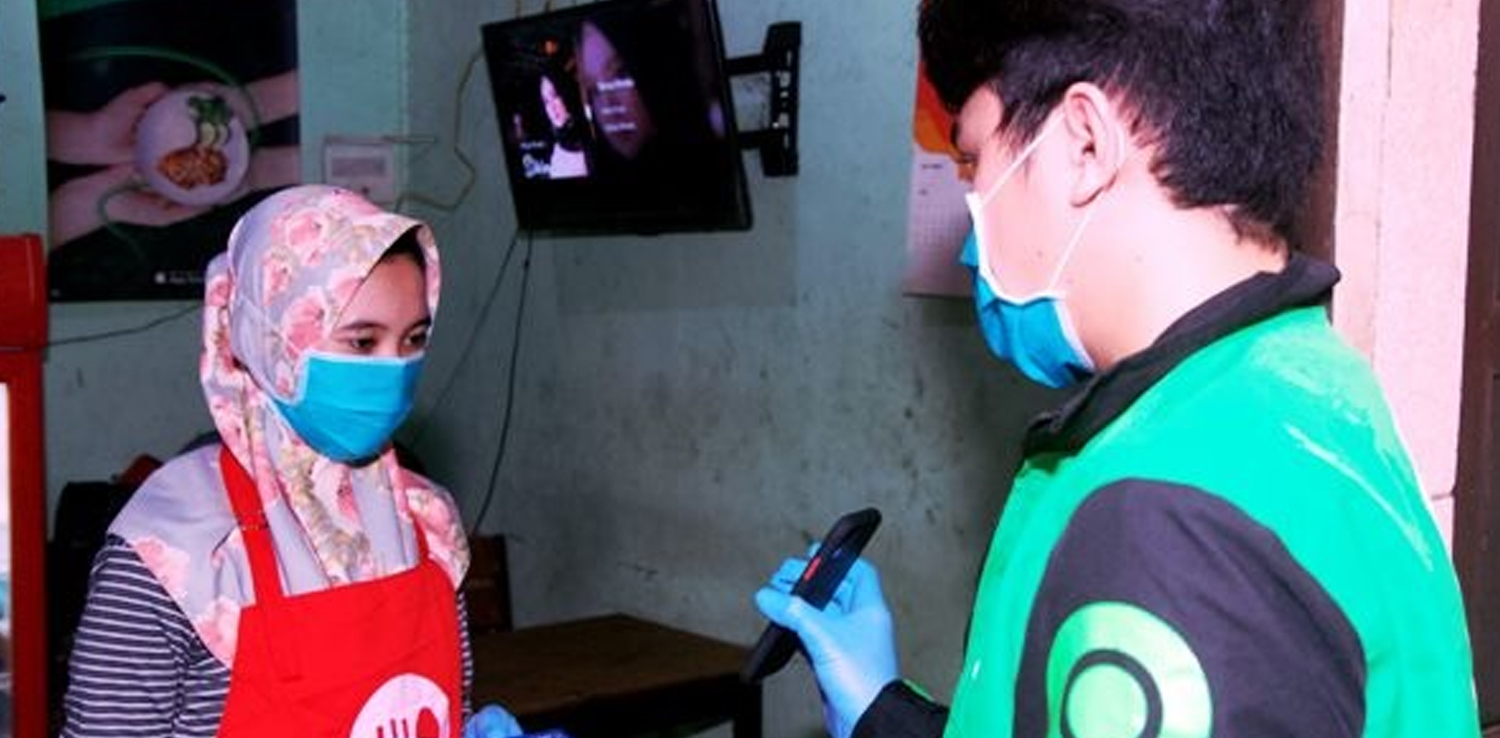
GoTogether: Equal opportunities and access for all
Gojek provides equal opportunities in the workplace by building a diverse and inclusive workforce. One of the initiatives is to provide Employee Resource Groups (ERGs), which are employee-led groups that provide safe, supportive space for individuals with shared experiences and allies. The first ERG launched was Women@Gojek, a group of more than 250 individuals focused on supporting and unlocking the skills of women.
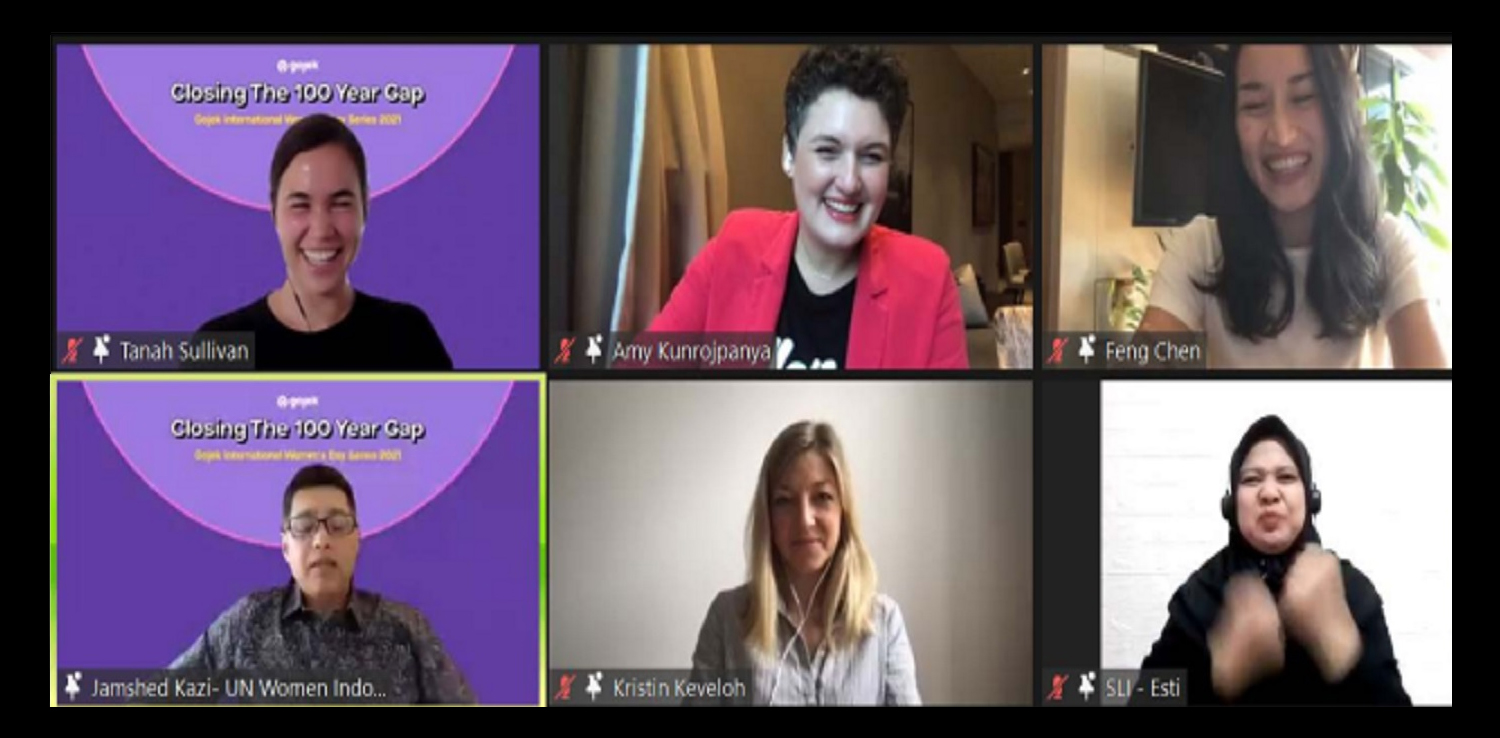
Gojek also partnered with Hollaback!, the Indonesian Ministry of Women Empowerment and Child Protection, and UN Women to launch anti-harassment campaigns and training programs for employees and stakeholders. Aside from that, the company provides Gojek SHIELD Technology that allows route sharing for users, masking of phone numbers to ensure privacy, and connection to a 24-hour emergency response unit.
To support inclusivity and wide access for all, Gojek engages with users and partners with disabilities to foster a safe and supportive group of fellow driver-partners. In doing so, Gojek provides sign language classes to driver-partners in several major cities in Indonesia.
Editor: Nazalea Kusuma

Adelia Dinda Sani
Adelia is a Contributing Author at Green Network Asia. She studied Communications & Media undergraduate program at Universitas Indonesia, as well as English Literature at SWPS University of Social Sciences and Humanities in Warsaw, Poland.

 Test Custom Feature Image
Test Custom Feature Image  Electric Vehicles Roam the Roads of Kenya
Electric Vehicles Roam the Roads of Kenya 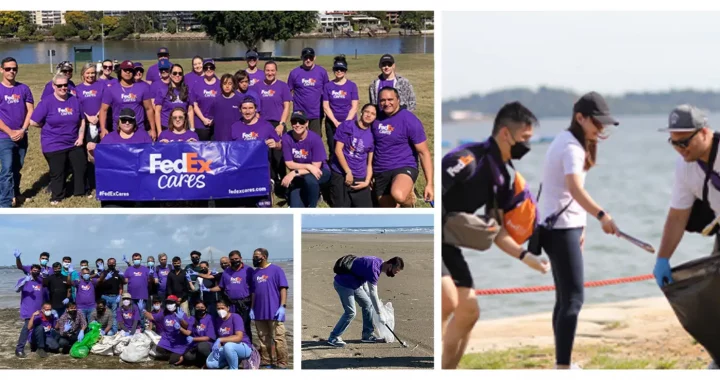 FedEx Engages Employees with Beach Clean-Up Initiative
FedEx Engages Employees with Beach Clean-Up Initiative  Come Back Stronger: Building Philippines’ Resilient Economy Post-COVID-19
Come Back Stronger: Building Philippines’ Resilient Economy Post-COVID-19  Inside Experian’s Sustainability Journey: An Interview with Chief Sustainability Officer Abigail Lovell
Inside Experian’s Sustainability Journey: An Interview with Chief Sustainability Officer Abigail Lovell 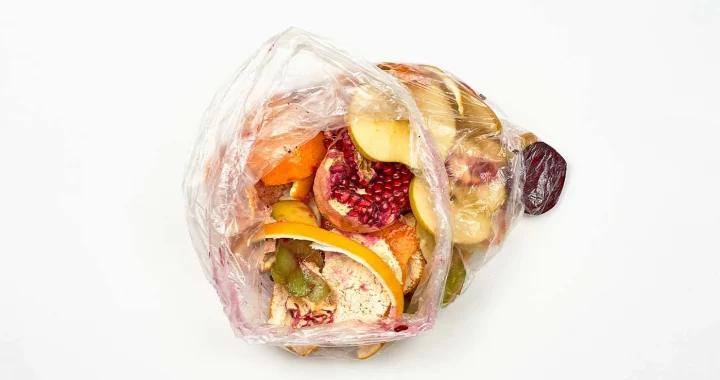 5 Food System Actors That Have Taken the 123 Pledge to Reduce Food Loss & Waste
5 Food System Actors That Have Taken the 123 Pledge to Reduce Food Loss & Waste  Test premium post
Test premium post